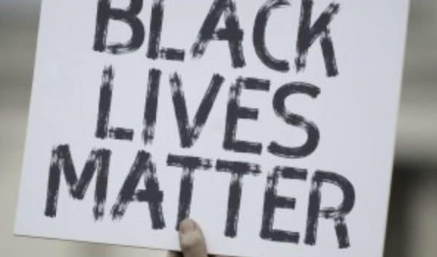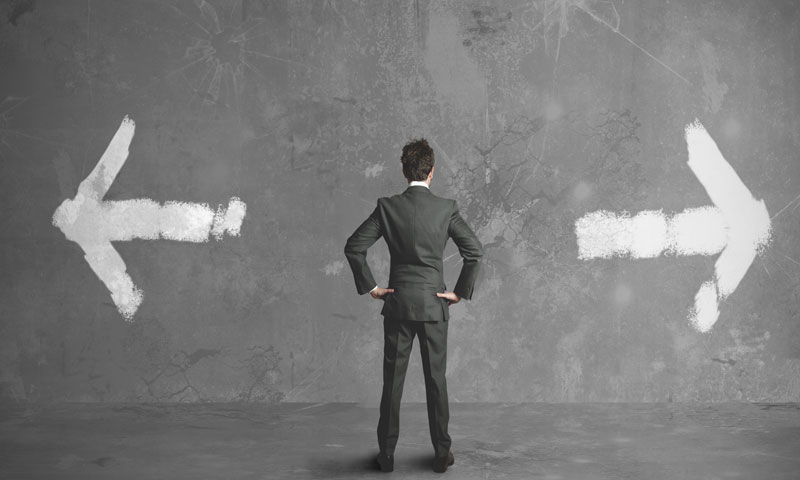
The U.S. Supreme Court’s recent decision regarding a Black Lives Matter activist’s appeal has significant implications for public demonstrations.
Want to know if you’re earning what you deserve? Find out with LawCrossing’s salary surveys.
Background
In 2016, during a protest in Baton Rouge following the fatal police shooting of Alton Sterling, a Black man, Louisiana police officer John Ford was injured by a rock thrown during the demonstration. Ford subsequently sued activist DeRay Mckesson for negligence, alleging that Mckesson’s leadership of the protest contributed to the incident.
Supreme Court Decision
The Supreme Court declined to hear Mckesson’s appeal, leaving intact a lower court’s ruling that revived Ford’s lawsuit against him. The decision potentially makes protest leaders liable for the actions of attendees, even if those actions result in injury or damage.
Legal Arguments
Mckesson’s defense, based on First Amendment rights to free speech and assembly, was rejected by the 5th U.S. Circuit Court of Appeals in 2023. The court’s decision to allow Ford’s lawsuit to proceed could have a chilling effect on activism seeking social or political change, according to legal experts.
Implications
The lawsuit against Mckesson stems from a broader context of racial tensions and protests against police violence, predating the widespread demonstrations following George Floyd’s murder in 2020. The Supreme Court’s refusal to intervene raises questions about the limits of First Amendment protections in the context of public protests.
Dissenting Opinion
While the majority opinion of the 5th Circuit Court emphasized the potential liability of protest leaders, Judge Don Willett dissented, invoking historical civil rights movements and warning against undermining First Amendment freedoms.
Conclusion
The Supreme Court’s decision not to hear Mckesson’s appeal has significant ramifications for the rights of protest organizers and the future of public demonstrations in the United States, particularly those advocating for racial justice and police accountability.










































